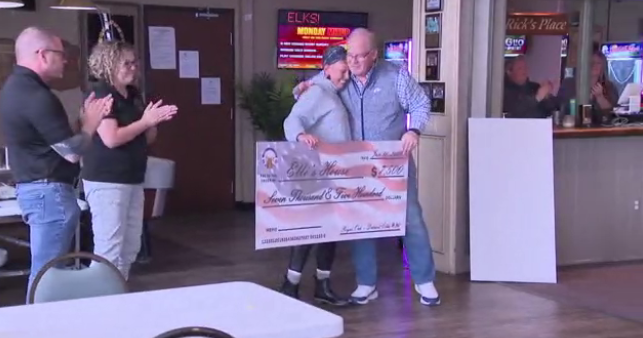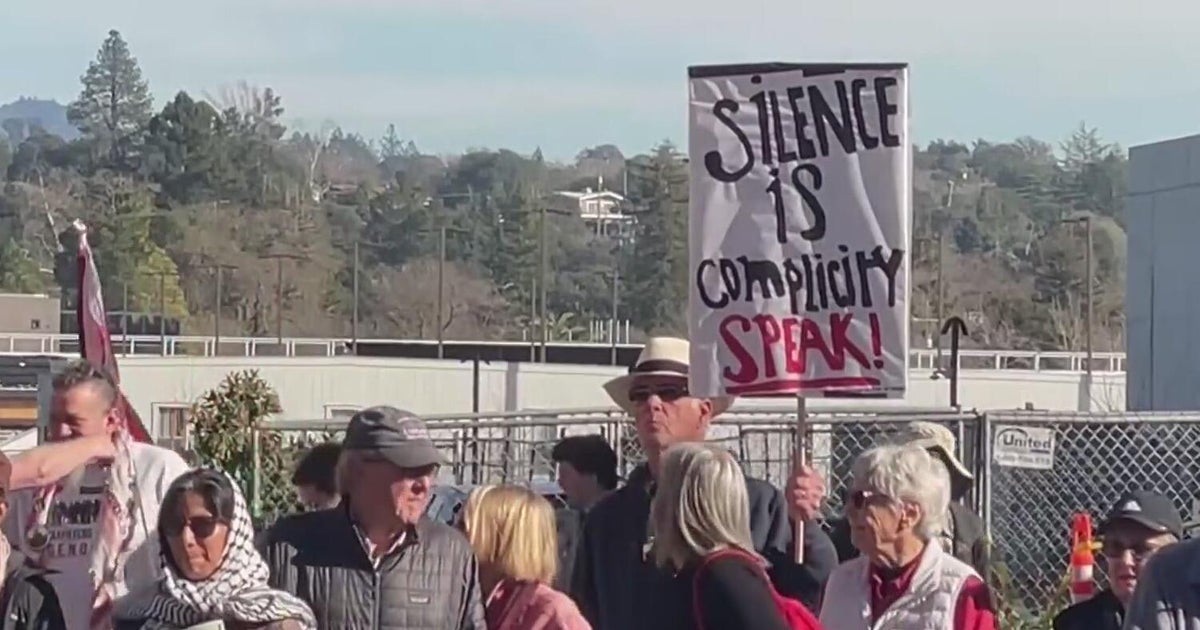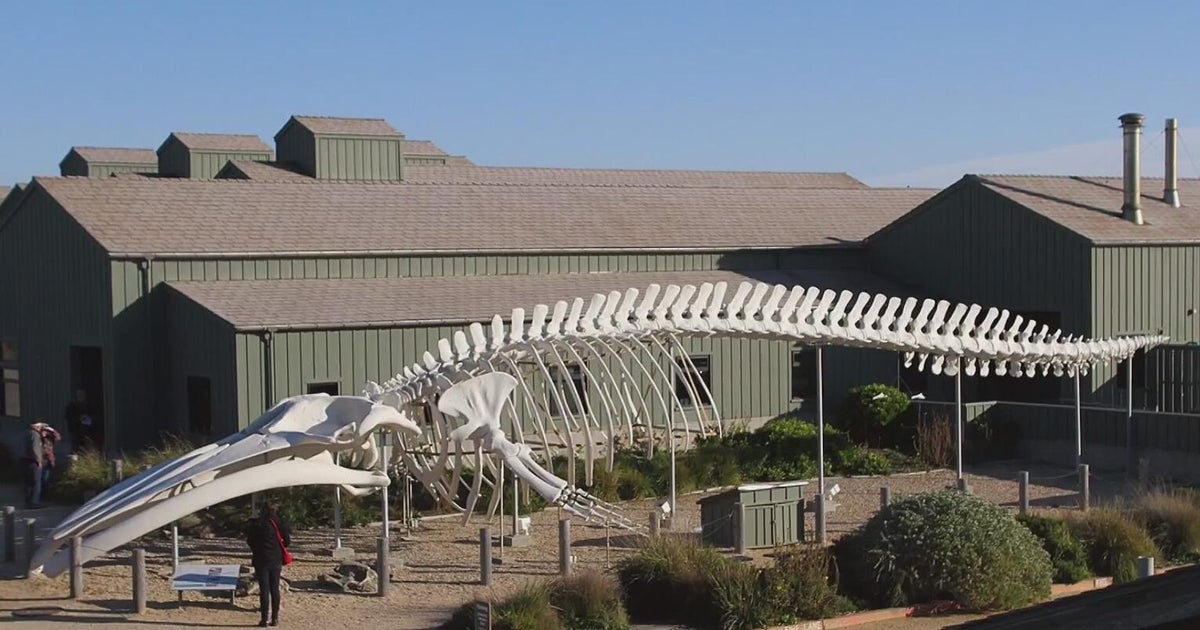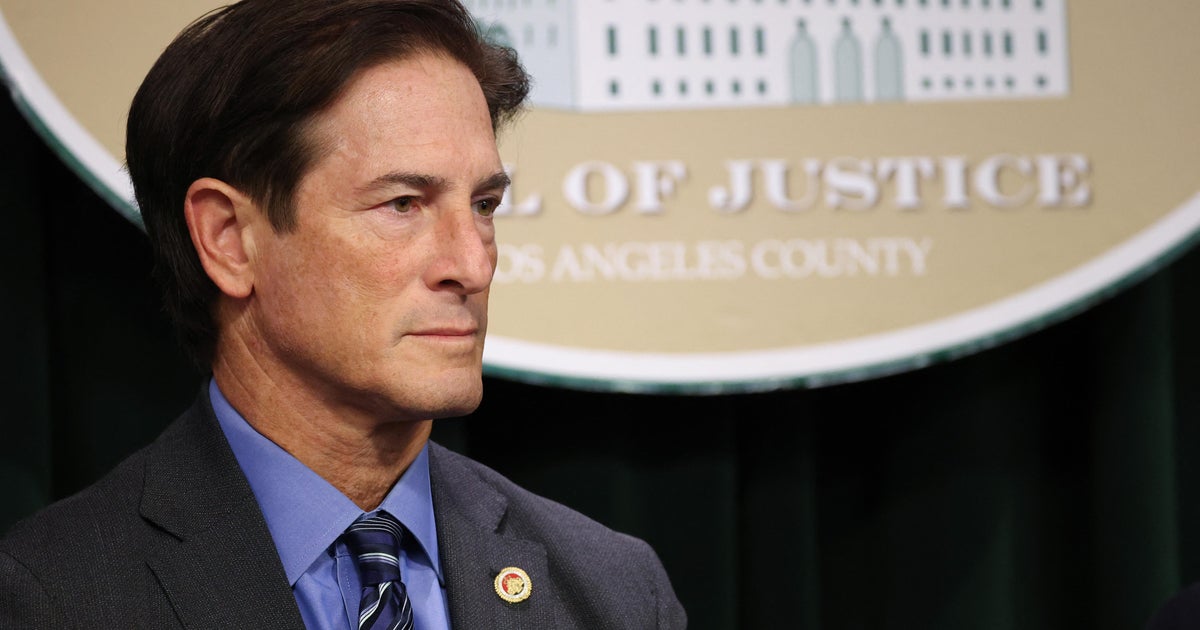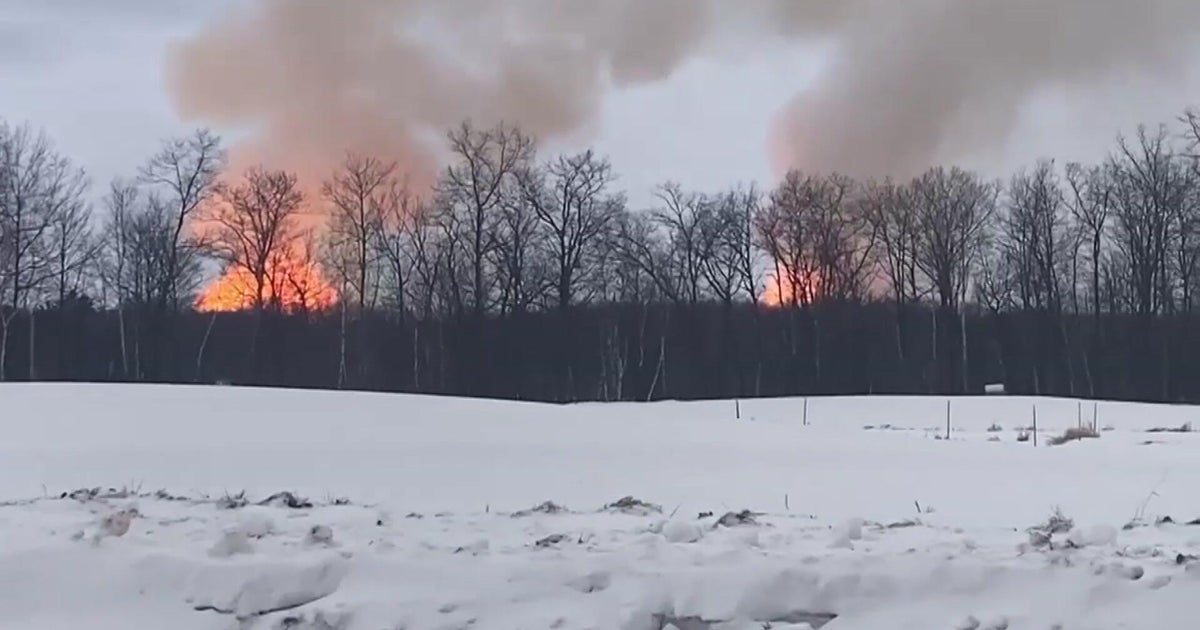Santa Clara County gets almost $40M to address homelessness crisis
SAN JOSE -- Communities across the Bay Area continue their efforts to try and address the homelessness crisis and Santa Clara County just received some help from the federal government.
"Every day, I hear from people – and I see it myself – people living in tents. It's really unacceptable," said Rep. Zoe Lofgren, CA-18.
Reps. Lofgren, Anna Eshoo, CA-16, Ro Khanna, CA-17, and Jimmy Panetta, CA-19, announced Friday that Santa Clara County will receive $39,486,518 in federal funding from the U.S. Department of Housing and Urban Development that will go to nonprofits and local governments in the county working to end homelessness.
"It's the local governments that are the tip of the spear on this. They make all of the decisions on zoning, what's going to be built, and all of that," Lofgren said. "The major role that the federal government can play is to provide funding for those efforts."
Here's a breakdown of how the grants will be distributed:
- $29,314,619 for the County of Santa Clara's Office of Supportive Housing
- $2,416,260 for the Bill Wilson Center
- $2,074,713 for Community Solutions for Children, Families and Individuals
- $1,555,534 for the Covenant House California
- $1,103,485 for St. Andrew's Residential Programs for Youth
- $1,032,385 for the St. Joseph's Family Center
- $960,894 for Abode Services
- $547,016 for West Valley Community Services
- $278,003 for Razing the Bar
- $203,609 for YWCA Golden Gate Silicon Valley
Lofgren said the homeless crisis has grown worse in recent years.
"We've got to dig our way out of this," she said.
There isn't a singular reason for the crisis. However, Lofgren said the housing crash in 2008 still plays a role in where we are today with homelessness, and the pandemic brought on more and new challenges.
"Some people are living in cars because they don't have enough money for rent. Families in cars. We have children in school who are homeless. That's just absolutely unacceptable," she said. "We also have people who have other problems. People with mental health problems, people with substance abuse problems. Their problem isn't just housing; it's those other problems as well."
As for solutions, she said there isn't just one.
"Well, a multiplicity of things. We need more housing that regular families can afford. That's a building and construction issue," she said.
Lofgren said she'd also like to see down payment assistance programs, funding assistance for those constructing affordable housing, especially for nonprofits working in that realm and aggressive efforts to help those struggling with substance abuse and mental health problems.
"This is a big problem in our community," Lofgren said. "It's going to take everybody working together to get ahead of it. We're trying to do our part."
